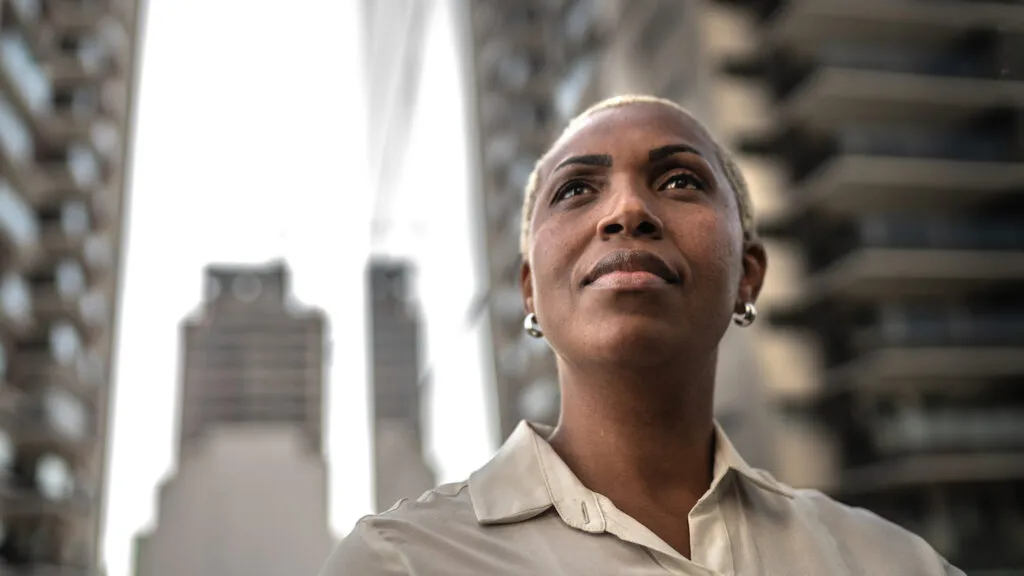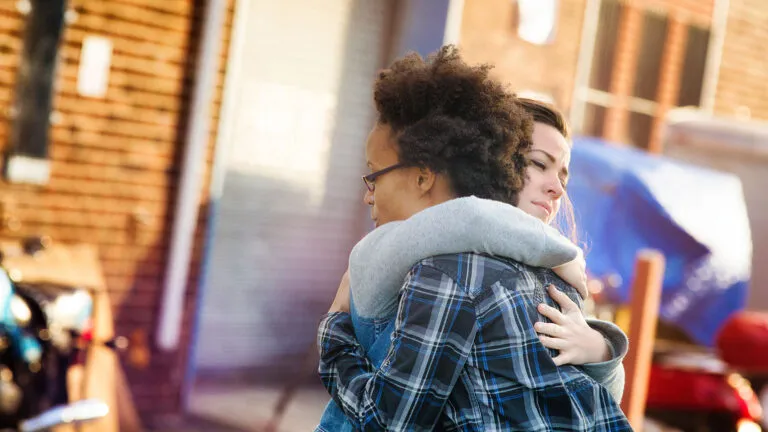In 1984, the psychiatrist, author and Holocaust survivor Viktor Frankl wrote a short essay as a post-script to his famous book Man’s Search for Meaning. The essay is called “The Case for Tragic Optimism,” and it maps hope against tragedy in a way that resonates with the quest for authentic positivity that we pursue here at Guideposts.
“I speak of a tragic optimism,” writes Frankl, “that is, an optimism in the face of tragedy and in view of the human potential.”
“At its best,” he continues, tragic optimism “always allows for: (1) turning suffering into a human achievement and accomplishment; (2) deriving from guilt the opportunity to change oneself for the better; and (3) deriving from life’s transitoriness an incentive to take responsible action.”
Given the tragedies that Frankl witnessed and survived in a concentration camp, it would be impossible for him to write in a way that denied the reality of pain, suffering and despair. In fact, his work and teachings are relevant today specifically because of what he did with his full-throated acknowledgement of true tragedy in the world.
Without Frankl’s balanced approach, the scales could dangerously tip into either nihilism, in which nothing has any meaning whatsoever or toxic positivity, in which everything is always, always OK.
Frankl offers us a framework in which optimism is always an option, but an option that is grounded in hard truths. Challenges can be re-framed as opportunities. Mistakes can lead to new insight and profound inner change. And we can discover personal strength in the face of situations that are beyond our control.
Researchers are looking at tragic optimism in the wake of the Covid-19 pandemic. One early study by Jessica Mead, a PhD student in the psychology department at Swansea University in the UK, found that among a number of positive psychological strategies—social connection, physical activity, connection with nature—gratitude and tragic optimism stood out as two factors that consistently increased well-being in people during lockdown.
At a time when we are cautiously stepping back into “normal” life, it is so important that we not pretend the tragedy of the pandemic could suddenly become ancient or irrelevant history. But neither do we need to abandon hope for a future in which we are connected, safe and open to learn and grow together.
How do you feel about the idea of “tragic optimism?”





